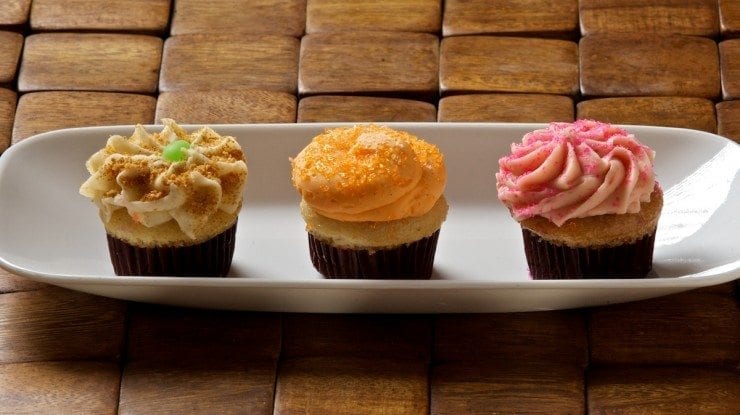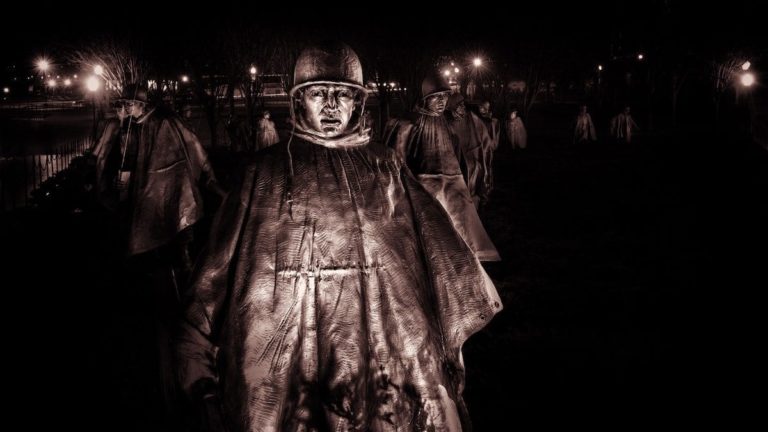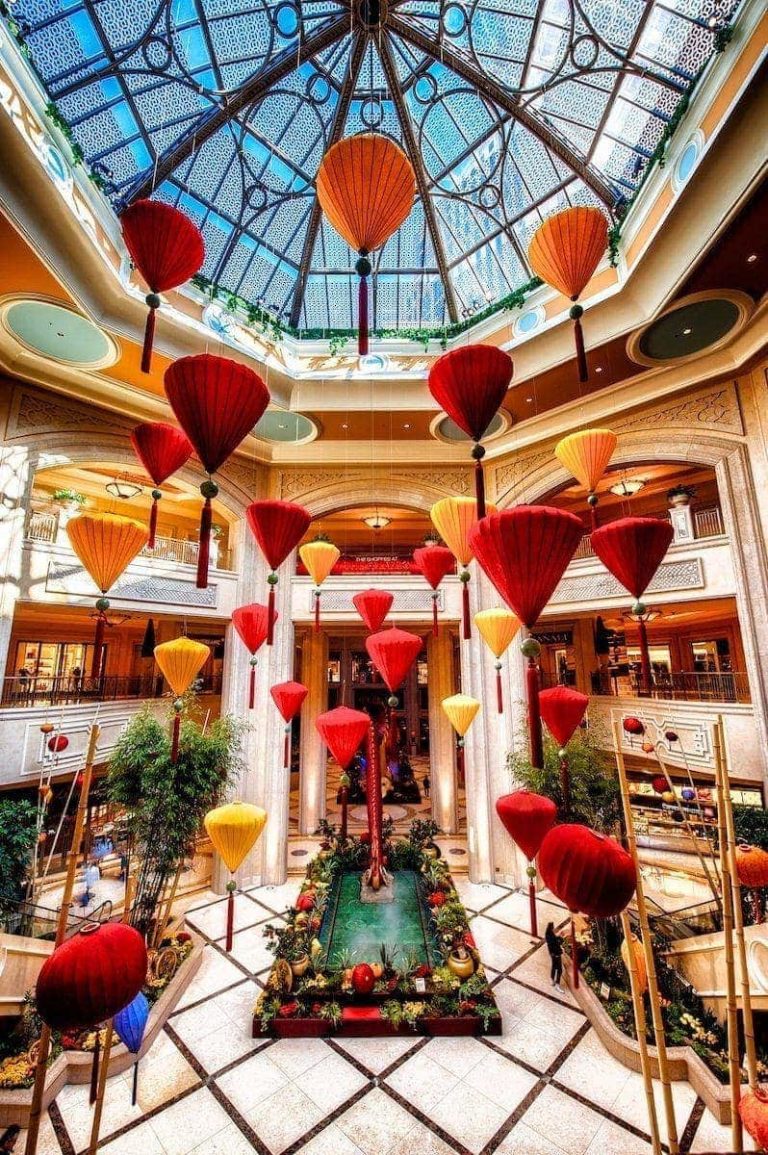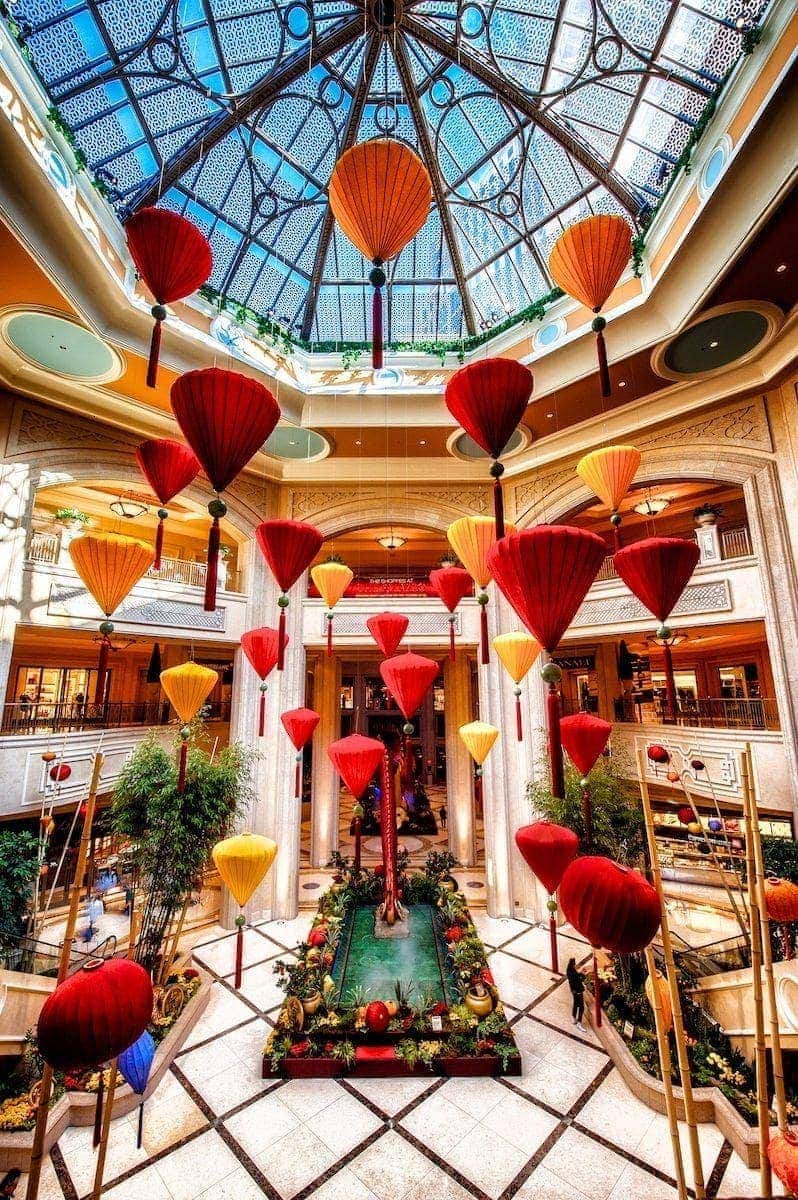Affiliate Disclosure: We earn a commission if you purchase through one of our links at no additional cost to you.
I was thrilled to get a note from someone I met a while back. She’s in charge of marketing for a national restaurant chain and wanted me to do some food photography. When should you turn down a job? Here’s my story.
Networking Matters
Her note started off with a reminder that we met at a networking event. If you’re in the photography business, networking with other professionals is one of your best marketing efforts. People like to do business with people they know, even if it’s only a matter of knowing them in passing. We instinctively want someone to trust.
Networking is a way of putting your face out there as someone to trust. You never know when that person may need your services or refer you to someone else because of the trust they place in that networking connection.
That’s assuming you do a good job at networking. Go out and make yourself look unprofessional and you’ll destroy any trust you’re trying to build. It’s important to make the most of your opportunity to make a first impression.
Wedding photographers have so many avenues to network – you can make an impression on wedding venues, with wedding planners, florists, bakers, and other businesses that service weddings. Do a good job and those folks will want to work with you again, so they’ll refer you to new clients who are getting married.
The same is true of other fields of photography. It’s not just the clients who are watching you. Pay attention and be professional around the other businesses, too.
When Should You Turn Down a Job?
This was such a great opportunity. A photoshoot for a national restaurant chain – that’s just awesome stuff. It wasn’t an issue for her that I have a day job now, she was willing to work with me in the evening to get the photos. So why did I turn down this job?
It’s because I wanted her to succeed more than I wanted to snag that job. Quite simply, I put the customer’s needs before my own.
My experience with food photography is exceptionally limited. I’ve dabbled in it, but never excelled. The basics of food photography seem simple. You want a three-quarter backlight to cast forward shadows and you want some fill cards on the opposite side to bounce a little light back on your subject. Sounds simple, doesn’t it?
Photography is not the hard part of food photography. The trick is to know how to present your subject well. You can work with a chef and a food stylist to create the plates, but you’re the photographer. You need to know the subject you’re capturing. I didn’t have that experience or knowledge, so I would have been the weak link on this photoshoot. I received this referral because of an element of trust. That’s why I made a counter-offer.
Instead of shooting it myself, I explained that I really don’t have experience with food photography, but I was happy to recommend a friend who’s done commercial and food shoots before. I also added that I’d be happy to fill in the job just in case they didn’t work things out. The key message is that I want her to succeed. So when should you turn down a job? When you know it isn’t in the client’s best interest to hire you.
Dabbling with Cupcakes
As photographers, we can’t be all things to all people. The mechanics of photography are pretty simple, but the subject knowledge is what really separates folks. I remember listening to Joe Glyda speak at Photoshop World about why you wouldn’t want to eat the food he photographs.
He may use hairspray, sandpaper, pins, needles, and Elmer’s Glue if it helps him create the appearance of a delicious meal. You’d die eating that stuff!
Likewise, Dave Black spoke about the importance of knowing the game when you’re a sports photographer. He’s captured some great moments because he knew the sport and the athletes. That knowledge enabled him to anticipate shots because he could see how they would unfold. It’s not just photography. My brother is a phenomenal musician and he tells me the same sort of thing about playing the piano or his sax. He’s great because he knows more than the notes.
I don’t have sandpaper, ice skates, or a piano, but I know where to get some cupcakes. Unlike the stuff Joe Glyda shoots, these were fine to eat after I took the photo.







